Specialty dental billing may appear intimidating. General dental billing already has its complexities, and incorporating specialty procedures can lead to added stress. In this ongoing series, we will offer insight into the nuances of specialty billing practices, continuing with oral surgery billing.
What is Oral Surgery?
Oral surgery is the surgical treatment of the teeth, jaws, gums, and any other soft or hard oral tissue. An oral surgeon completes this treatment, although occasionally, a general dentist may complete a simple extraction. According to the American Association of Oral and Maxillofacial Surgeons, oral surgeons are “the experts in face, mouth and jaw surgery.”
What attachments do I need to include in an oral surgery claim?
The doctor’s narrative and x-rays are essential attachments for an oral surgery claim. The narrative should thoroughly explain the exact treatment completed and why it was completed. The x-rays must be clear and of diagnostic quality. It’s best to include panoramic x-rays for most surgical treatments. Also, include intraoral photos when they support the treatment. When anesthesia is used, include the anesthesia report. If soft tissue is involved, a perio chart may be needed.
Do I need a referral?
When billing a PPO insurance, you don’t need a referral, but an HMO plan will require it. The only exception is when a general dentist completes a simple extraction. Some carriers require treatment to be pre-authorized. Always check if it is required when verifying insurance coverage.
How do I bill wisdom tooth extraction?
When billing wisdom tooth extraction, it’s essential to include a panoramic x-ray, a thorough doctor’s narrative, and an anesthesia report. Several different CDT codes can be applied to wisdom teeth. These included fully erupted, partially bony, and completely bony extractions. Coding errors frequently occur when billing wisdom teeth extractions. It’s important to review the doctor’s notes and x-rays to ensure the correct code has been applied.
Why was my wisdom tooth extraction claim denied?
Most insurance carriers require the treatment to be medically necessary. This means that the teeth must either be infected, cause the patient pain, cause damage to neighboring teeth, or have another medical complication. The key to avoiding an insurance denial is a thorough doctor’s narrative that explains the specific medical necessity. Include clear, diagnostic x-rays that support it. Since wisdom teeth are usually extracted in young adults, some insurance carriers have age limit restrictions that don’t extend beyond early adulthood.
Can I bill insurance for a biopsy?
You can bill the insurance for a biopsy and many carriers will cover it. When billing, include the location of the affected area, a thorough doctor’s narrative explaining why the biopsy was needed, and the lab report. The lab report is required by most carriers for payment to be issued.
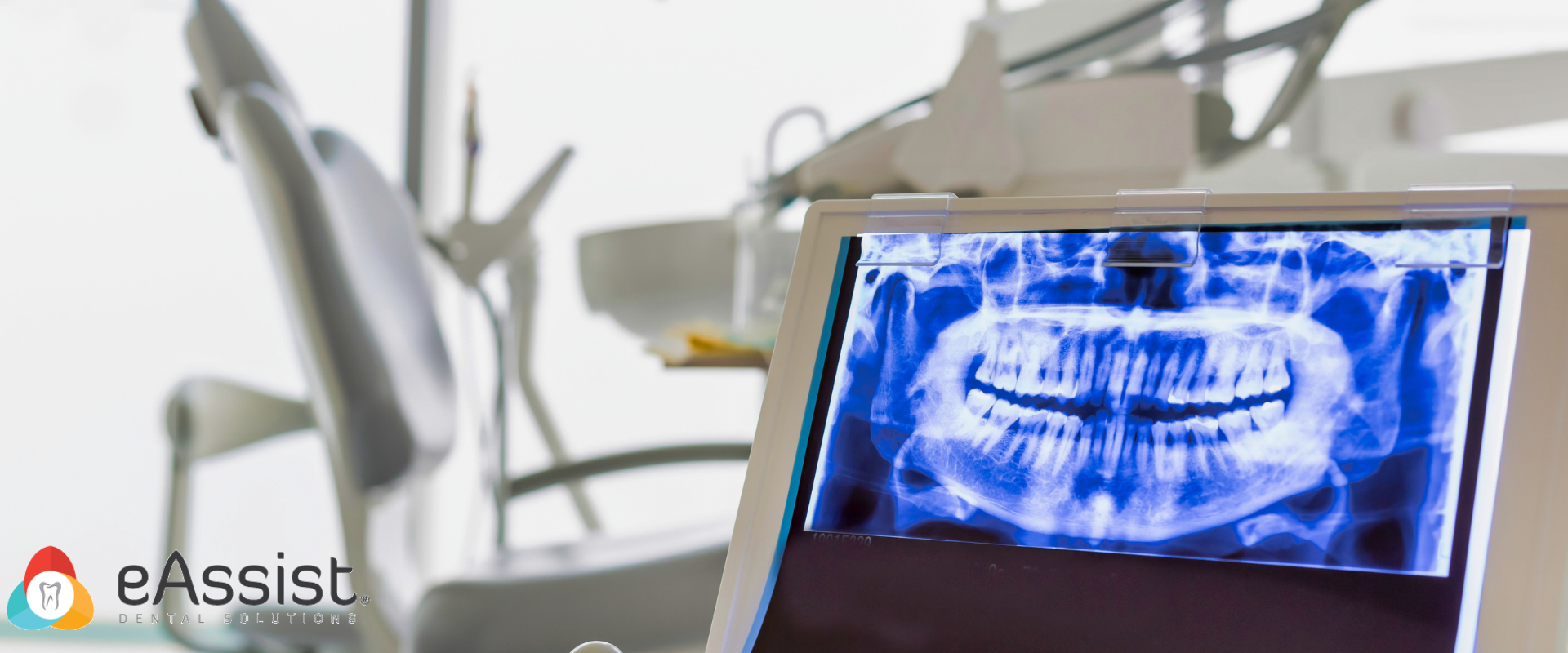
How do I bill general anesthesia?
When billing deep sedation or general anesthesia, always include the anesthesia report. The report must include the total length of time the anesthesia was administered. Coding errors often occur when billing anesthesia, as it can be easy to attach too many codes to a claim. Remember, anesthesia is billed in 15-minute increments. D9222, the code for the first increment can be billed only once. Then, use D9223 for each remaining 15-minute increment. Make sure the number of codes billed matches the correct time frame.
Should I bill the patient’s oral surgery treatment to their medical carrier?
Absolutely. As medicine and dentistry continue to integrate, medical insurance carriers are increasingly covering dental treatment. This is especially evident in oral surgery. Many medical carriers will now cover oral surgery claims. Even if they don’t, many dental insurance carriers require a medical denial before considering the claim. For oral surgery, it’s best to always bill the medical plan first. Keep in mind, that medical claims require CPT and ICD-10 coding and a separate claim form. If you need assistance with medical coding, Medical Dental Cross Coding with Confidence from Practice Booster is a good resource.
Do any other insurance carriers cover oral surgery?
Oral surgery claims are unique in that they can be paid by several insurance plans. It depends on the reason for the treatment. Say the patient needs an extraction due to an injury received. If the patient was injured in a car accident, a claim should be billed to the auto insurance plan. If the patient was injured at work, the claim should be billed to the worker’s comp insurance. In these instances, these plans are primary and the dental insurance is secondary.
As you can see, oral surgery claims are a unique area of dental billing. If you’re struggling with oral surgery or other specialty claims, consider outsourcing your dental billing. At eAssist, our Success Consultants are knowledgeable about the various nuances of oral surgery and will ensure your claim is billed correctly. To learn more, complete the form below.

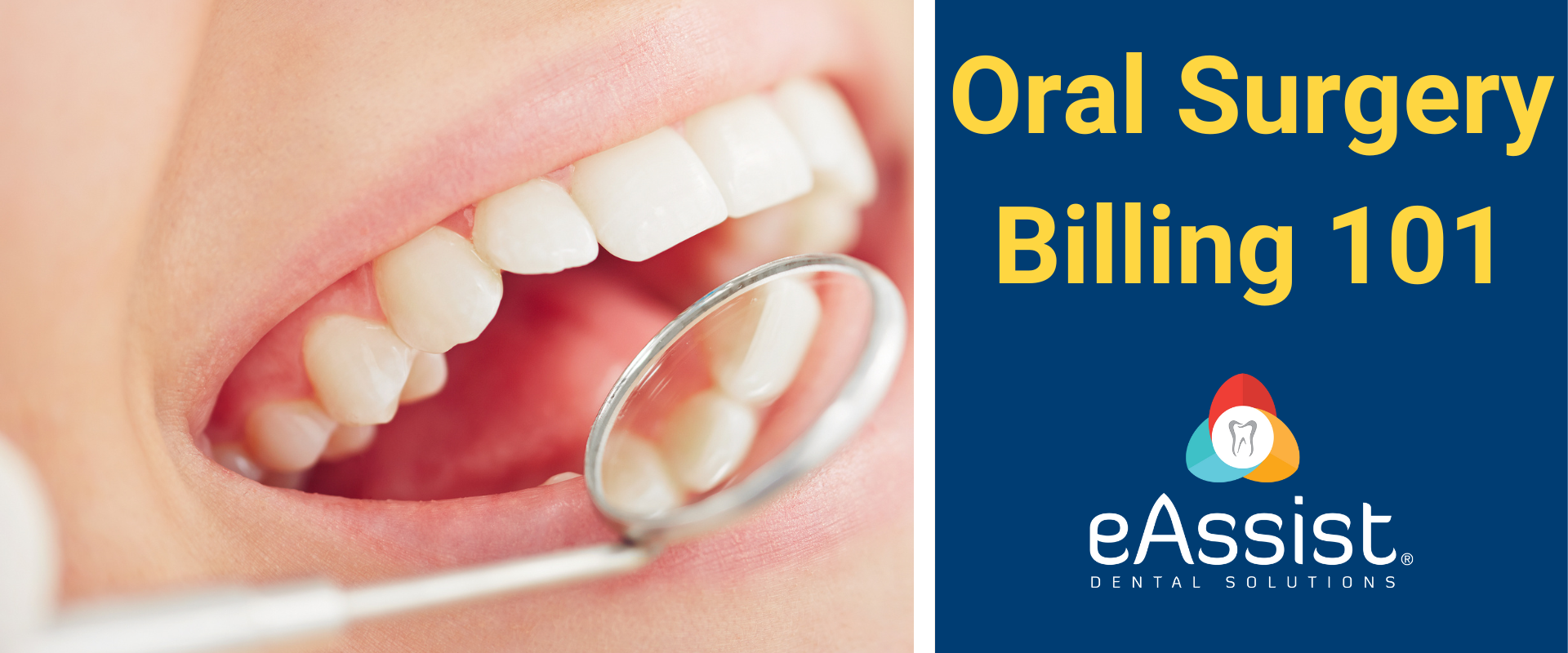


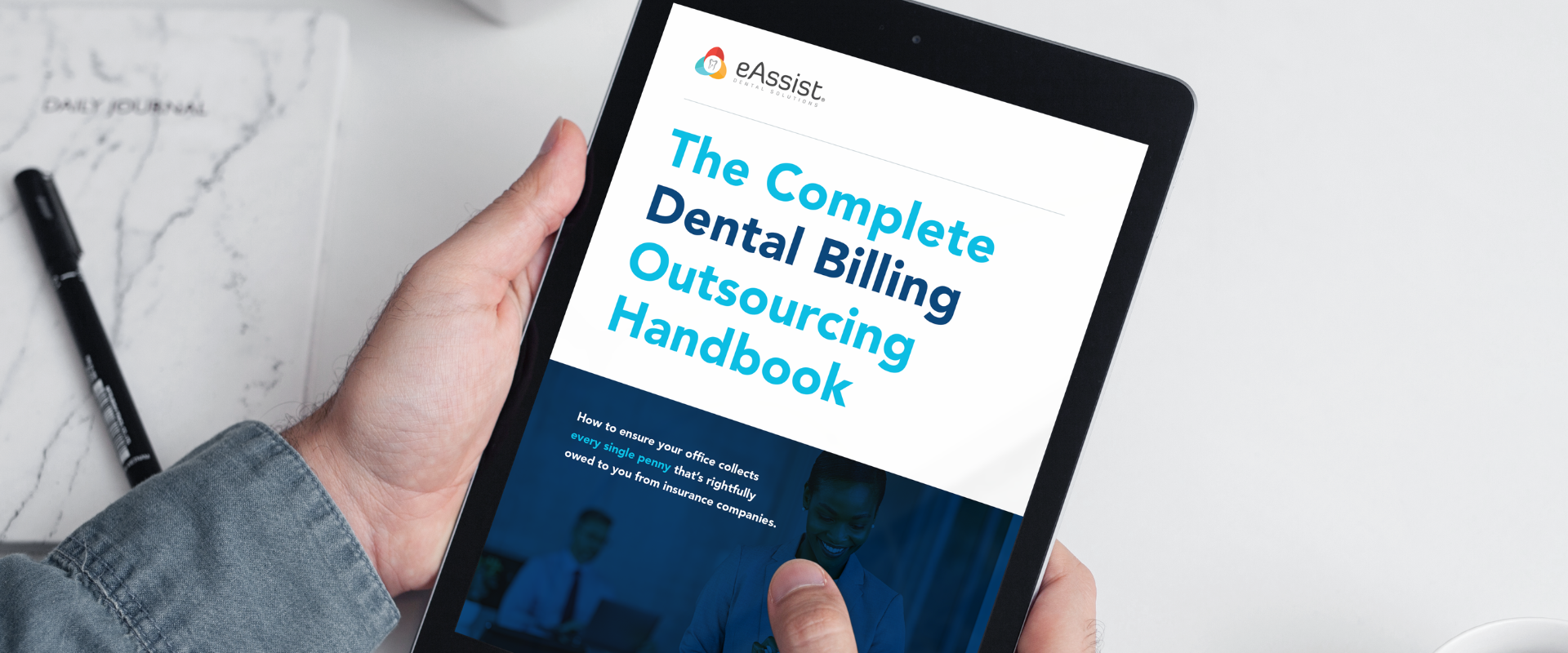
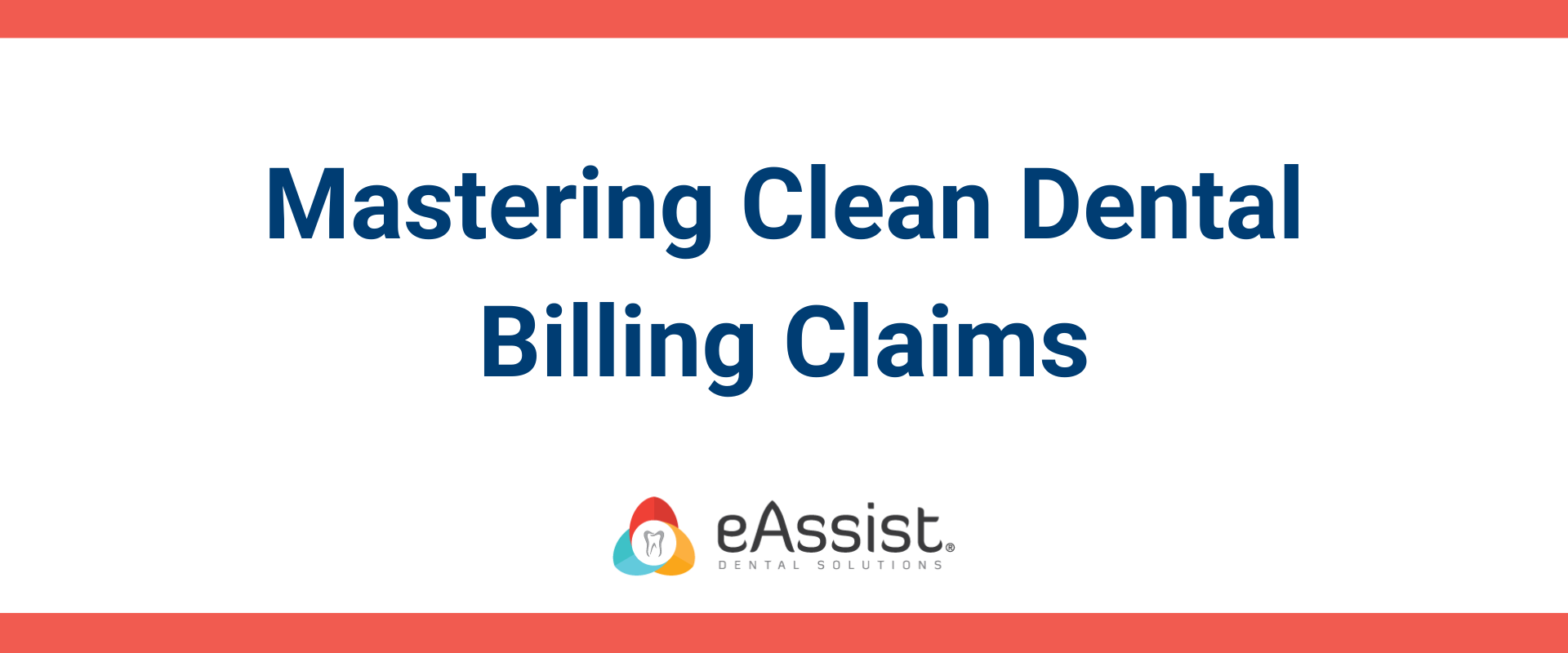
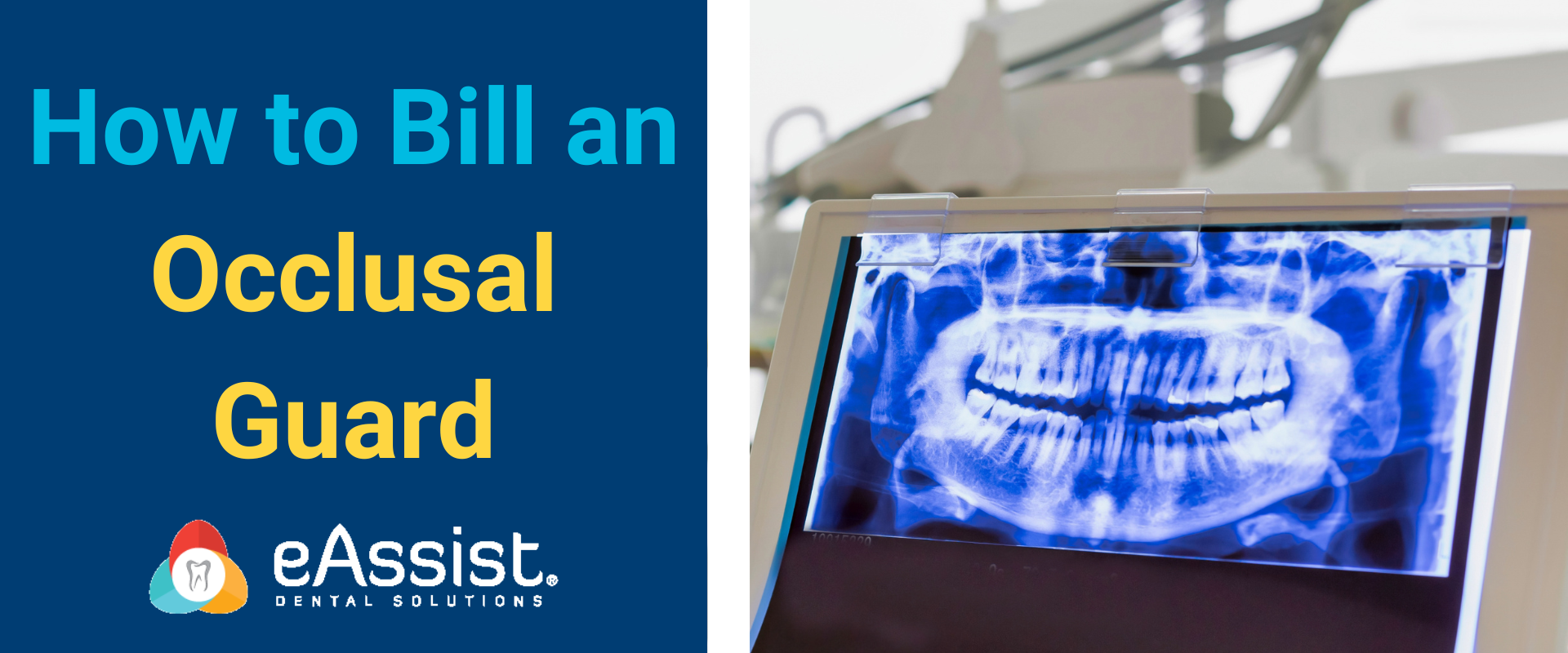


0 Comments